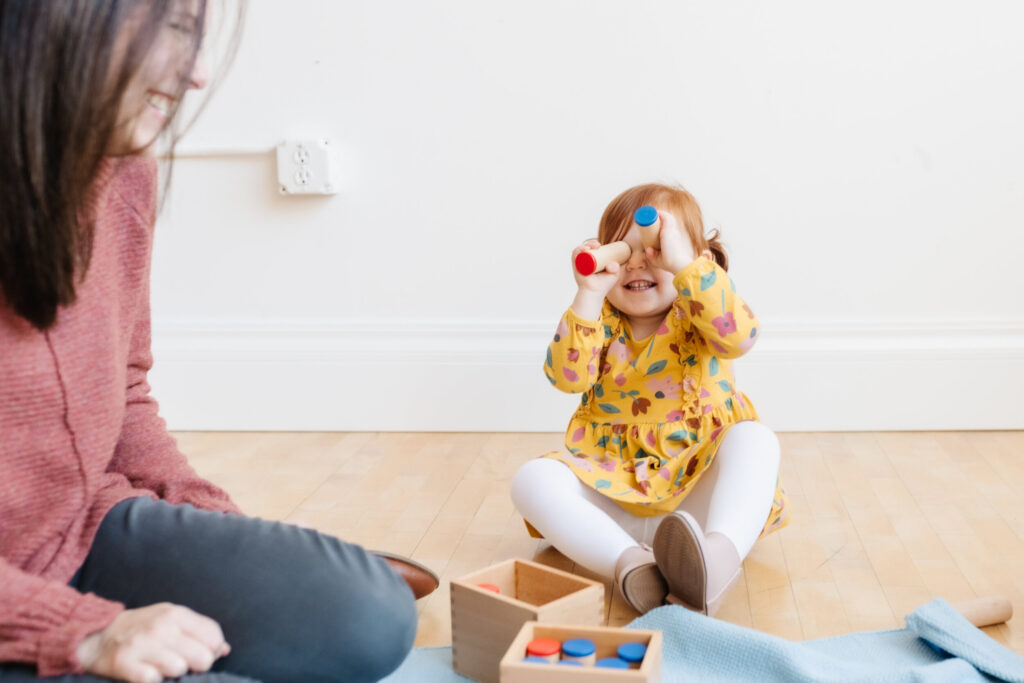As a parent, if you are going through a challenging situation, you may wonder how to help your children understand the current situation.
Over your children’s lives, it’s almost certain that as a family, you will face some challenges: divorce, illnesses, death of a grand-parent, job loss, or financial burden. Life is full of uncertainty.
Going through a rough patch will impact your ability to parent. In fact, it has been proven that our ability to parent is directly correlated to our sense of safety.
We need to feel safe and secure to cope with daily parenting challenges. It is similar for our children. They need to feel secure to be able to be emotionally balanced.
Once faced with a difficult situation, it’s essential that we, as parents, act like grown-ups. We have to try to keep our fears at bay and reassure our children, verbally and non verbally, that we are going to be able to keep them safe and to go through the situation.
I mainly work with parents of children under the age of 6. Young children have a very immature brain. Their neocortex is not fully developed. What that means is that a child of that age cannot resonate like us. They don’t project themselves in the future as we do. They also cannot distance themselves from the world’s suffering. We could say that young children take everything personally.
For example, if they hear on the news that someone has died, they will fear that you or they might die right now.
Although it’s OK to share the events we are going through with our children, it’s also important to filter the adult’s world.
You can express your feelings and share them with your children, but you don’t have to explain all the little details of the situation.
Children also like facts and respond well to simple explanations, such as we wash our hands because that helps us not to get sick. There is no need to add any other reason, and there is no need for a panicking tone.

It’s obviously easier said than done. One way to help your children cope with any dramatic life event is to think about your own way of coping.
When flight attendants give their pre-flight safety instructions, one of the things they tell you is that you need to put the oxygen mask over your own face first before assisting your children.
You cannot help your children if you don’t hold it together yourself. Think about what role-model you want to be to your children.
You probably want them to be resilient, able to express and share their emotions. You want them to be empathic but able to cope with the situation.
Then you need to encompass all those qualities yourself. And it’s understandably hard for you as parents. When going through hardship, you will need to gather a serious dose of courage to take care of yourself and of your children.
The good news is that children are pretty resilient.
What can help them as well is “playing it out.”
Children learn through play. They express themselves through play. In fact, in child therapy, we are mostly worried when children refuse to play.
Use play to help your children to work out any traumatic situation. If your children are reluctant to talk about their fears and worries, grab two teddies and make them talk.
If your child is recovering from surgery, buy her a doctor kit. Invite your child to draw his nightmare or what had happened at school.
Playdough can help children express their anger. An older child might be able to write what he cannot say.

If you relax enough to join your child in their play, he will be more likely to listen to you and tell you how he feels after he has connected with you through play.
So remember, be honest with your child while filtering the adult’s word. Work on yourself so you can be a role model. Encourage your child to express her feelings through play.
I hope these tips are helpful to you.


